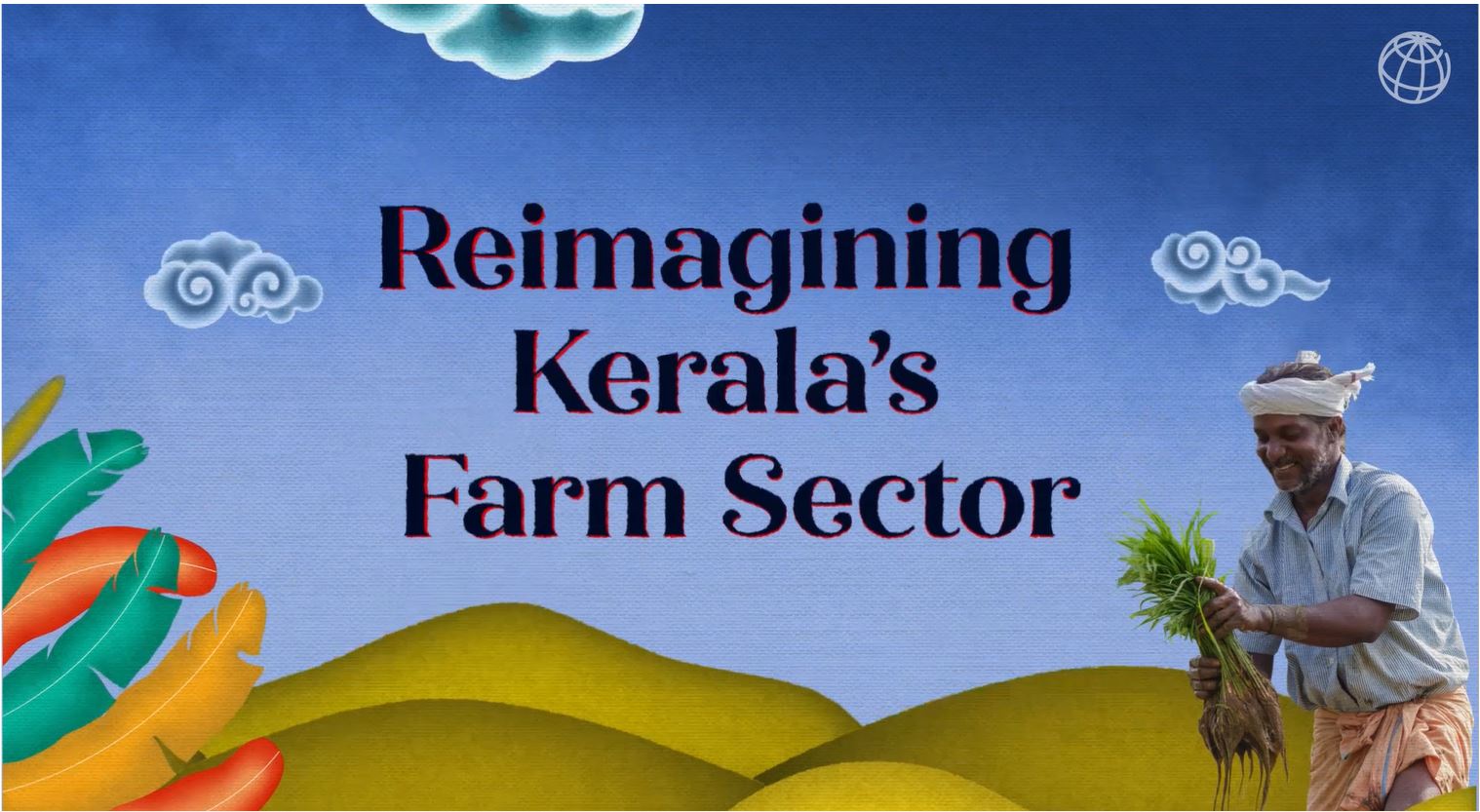India’s densely populated southern state of Kerala receives one of the highest levels of rainfall in the country.
In 2018, Kerala experienced the most devastating floods in a century. Some 5.4 million people, or one-sixth of the state's population, was affected, with extensive loss of life, property, and habitats, especially in the state's rice bowl, the Pamba river basin. Losses amounted to $3.74 billion (INR 267.20 billion).
The floods proved to be a wake-up call, leading the state to rethink its development paradigm altogether and build a resilient New Kerala.
Since 2018, the World Bank's first-of-its-kind partnership with Kerala has helped the state examine the root causes of risk and strengthen its capacity to respond to disasters, climate change, disease outbreaks, and pandemics.
“Our whole development trajectory has been influenced positively by the engagement,“ said Dr. Venu Vasudevan, then the Additional Chief Secretary, Government of Kerala.
